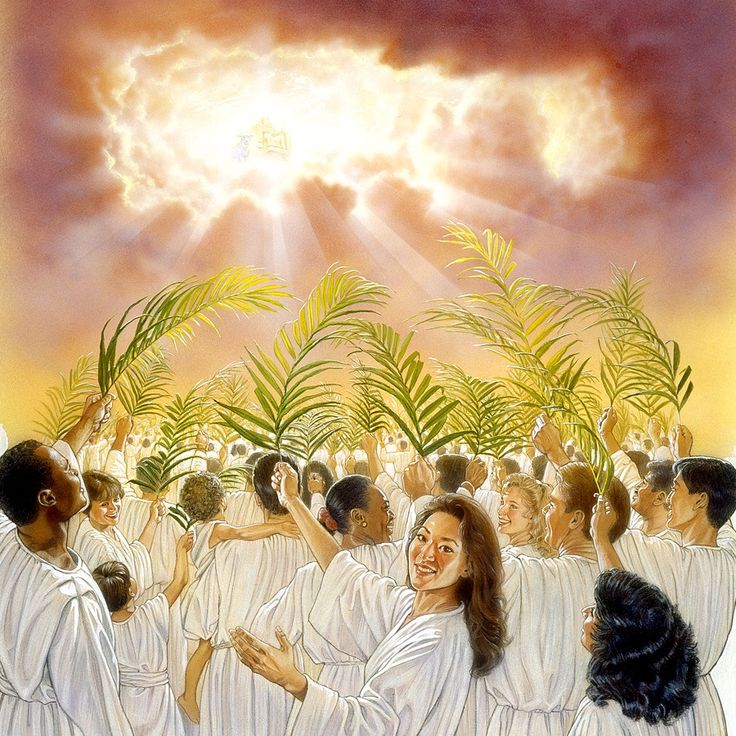Understanding the Meaning of El Shaddai
El Shaddai is a term that resonates deeply within the Judeo-Christian tradition and is often encountered in biblical texts, prayers, and worship. Its interpretation and significance can provide insights into the nature of God as perceived in these faiths.
Etymology and Translation
The term “El Shaddai” is derived from Hebrew, where “El” means “God,” and “Shaddai” has varying interpretations. While the exact origin of “Shaddai” is debated, it is commonly understood to mean “Almighty” or “All-Sufficient.” Therefore, El Shaddai can be translated as “God Almighty” or “The All-Sufficient God.” This characterization speaks to the powerful and nurturing aspects of God.
Biblical Context
El Shaddai appears numerous times throughout the Hebrew Bible (Tanakh) and the Christian Old Testament. One of the most notable instances is in the book of Genesis, where God introduces Himself as El Shaddai to Abraham. In Genesis 17:1, God says, “I am El Shaddai; walk before me and be blameless.” This declaration occurs at a pivotal moment, signifying the covenant between God and Abraham, emphasizing the divine promise of blessings and descendants.
In other contexts, El Shaddai represents the idea of a protective and nurturing God, embodying both the might of the Almighty and the compassion akin to a mother. This duality enriches the understanding of God’s character, showing both His power and His desire to care for His creation.

Theological Significance
Theological interpretations of El Shaddai often highlight themes of sufficiency and divine provision. Believers see El Shaddai as the one who provides abundantly for their needs, reinforcing their faith in God’s ability to sustain them in challenging times. This understanding is particularly comforting in moments of hardship or uncertainty, allowing individuals to draw strength from the belief that God, as El Shaddai, holds ultimate authority and possesses the power to deliver and support.
Moreover, the concept of sufficiency is an important message in the New Testament, particularly when considering passages that emphasize faith, reliance on divine grace, and the sufficiency of God’s provision in Christ.
Worship and Devotion
In contemporary Christian worship, El Shaddai is often invoked in songs, prayers, and teachings. Many worship leaders and theologians emphasize the name to remind congregations of the nature of God who is both powerful and caring. The mention of El Shaddai can evoke a sense of reverence and awe, encouraging believers to place their trust in God’s omnipotence and nurturing character.
Conclusion
El Shaddai encapsulates a profound aspect of God’s identity within the biblical narrative. By understanding its meaning and implications, believers can appreciate the multifaceted nature of the divine. In a world often plagued by uncertainty and fear, the assurance of a God who is both Almighty and sufficient offers comfort and hope. Embracing the name El Shaddai encourages individuals to seek refuge in divine strength while recognizing the tender care that is part of God’s character.

Grant Edward Rayner